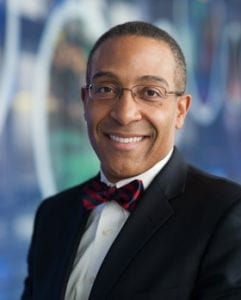
Byron Joyner, MD, MPA
This month, we celebrate our incoming class of 2022-2023! Our National Residency Matching Program (NRMP) was a success, again this year, for University of Washington GME programs. The 83 residency and fellowship programs that participated in the NRMP matched physicians from around the country at percentages above the national average. We also matched many of our own medical students and residents into UWSOM residency and fellowship programs. We did this by working together, being innovative and believing in our great community.
- In the Main Match, the 26 participating UW residency programs had a match rate of 97% compared to 94% nationally.
- For the Specialties Match, the 57 participating UW fellowship programs had a match rate of 94% compared to the national average of 88%.
- UWSOM fellowship programs offered 173 spots, 40 of which were filled by UW residents, continuing an encouraging 3-year trend.
- Once again, this year the Main Residency Match was the “largest Match on record,” with over 39,000 positions available. But, for the first time in years, there was a slight decrease in the number of registered applicants (47,675; down 2.1%) and a very slight increase in those who submitted rank order lists (0.1%).
- Though the total number of allopathic and osteopathic medical school seniors increased from last year, the total number of US and non-US citizen international medical graduates (IMGs) decreased in both the Main and Specialties Matches.
In this year’s Match, based on self-reported data, UWSOM saw an increase in both Black, Indigenous and People of Color (BIPOC) as well as Underrepresented in Medicine (URM) candidates who matched in both our medical and dental programs. In fact, the last three years has seen an encouraging upward trend in Black and African American matriculants to our programs. As we work together to increase and, more importantly, sustain inclusivity and diversity in our workforce, we can continue to provide better equity of patient care in our community.
I want to congratulate our program leadership, the residents and fellows, as well as the Network of Underrepresented Residents and Fellows (NURF) for their tremendous efforts in our journey to diversify our learning community. Below is this year’s representation of BIPOC, URM and women who have historically been minoritized in Medicine, as reported by our clinical department chairs.
These past two years have been difficult, but the University of Washington continues to have strong match results and we remain a competitive training institution, as reflected by the 5-year trend below:
The COVID-19 pandemic has taught us many things, one of which is we do well when we work together. In 2021, we worked together to recruit the next group of trainees who will be a part of our learning communities in Seattle and the WWAMI region. For the second year, the GME Office and NURF hosted Town Halls to help our programs attract underrepresented and vulnerable minority candidates. This year, one of our NURF Town Halls had more than 600 participants, curious to know what it is like to train in the UW community.
All members of our community, including the clinical chairs, residents and fellows, program directors and administrators, faculty and staff, worked together to produce these excellent results. Especially during these challenging times, it is critical that we cultivate an environment where everyone feels safe and as though they belong, an environment in which everyone can be successful.
Congratulations and thank you!
Byron Joyner, MD, MPA
Vice Dean for GME and DIO




